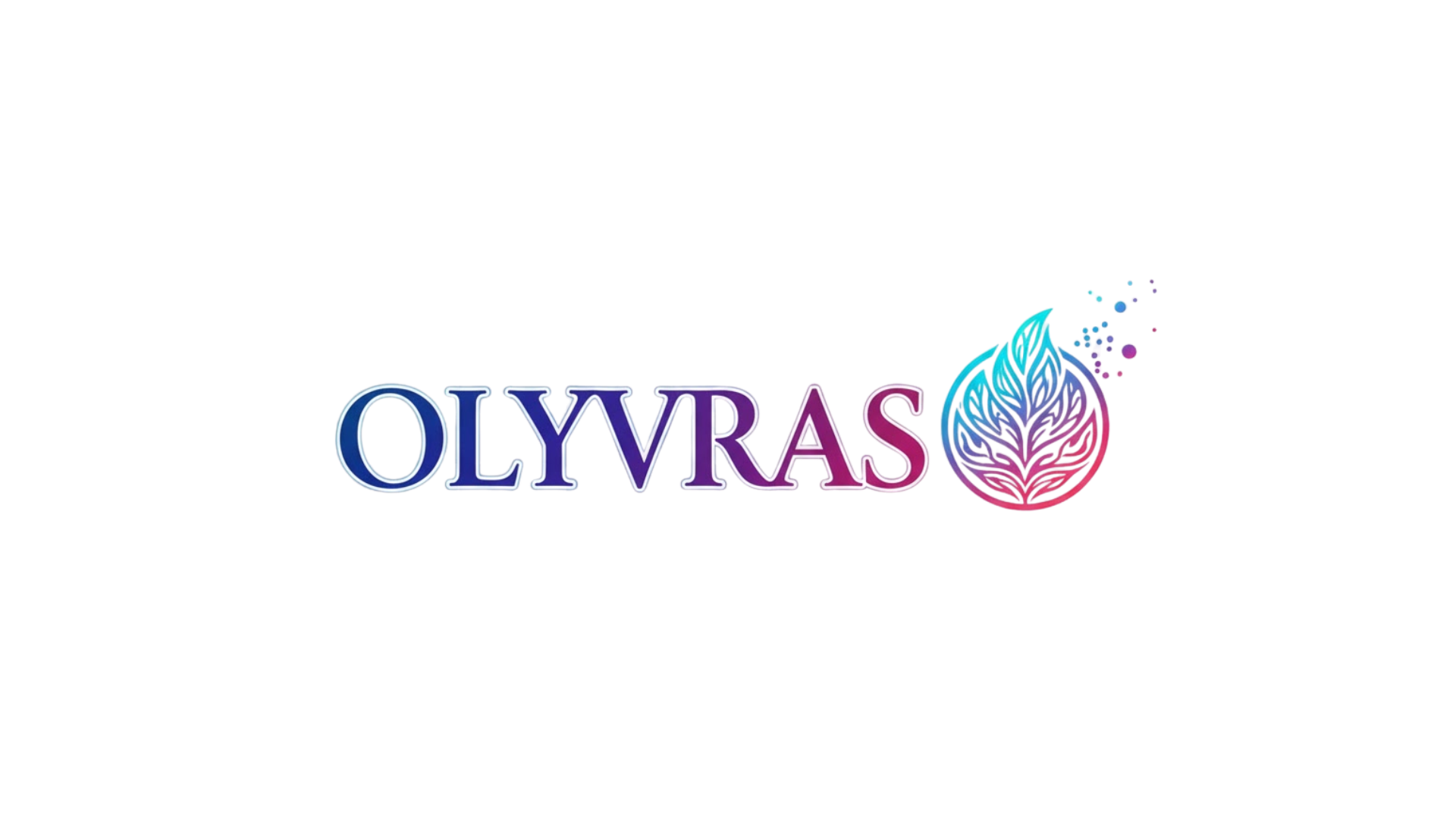Blockchain technology is no longer just the backbone of cryptocurrency—it’s emerging as a transformative force reshaping how governments, institutions, and citizens interact on a global scale.
The intersection of blockchain and governance represents one of the most promising frontiers in public administration and civic engagement. As traditional governmental systems struggle with inefficiency, corruption, and lack of transparency, distributed ledger technology offers innovative solutions that could fundamentally alter how societies organize themselves. From secure digital identities to transparent voting systems, blockchain is creating new possibilities for democratic participation and administrative efficiency that were unimaginable just a decade ago.
This technological revolution extends far beyond simple record-keeping. It challenges centuries-old assumptions about centralized authority, intermediaries, and trust mechanisms. By creating immutable, transparent, and decentralized systems, blockchain enables new forms of coordination that could make governance more responsive, accountable, and inclusive. Understanding how this transformation is unfolding is crucial for policymakers, technologists, and citizens alike who want to shape the future of democratic institutions.
🔗 The Fundamental Building Blocks of Blockchain Governance
At its core, blockchain technology creates a distributed database that records transactions across multiple computers in a way that makes retroactive alterations virtually impossible. This fundamental characteristic—immutability combined with transparency—makes it exceptionally well-suited for governmental applications where trust, verification, and accountability are paramount.
The decentralized nature of blockchain eliminates single points of failure and reduces the risk of data manipulation by any single actor. Unlike traditional databases controlled by central authorities, blockchain networks distribute control across numerous nodes, creating a system where consensus mechanisms validate every transaction. This architecture fundamentally changes the trust equation in governance, moving from trust in institutions to trust in cryptographic protocols and mathematical certainty.
Smart contracts—self-executing agreements with terms directly written into code—represent another revolutionary aspect of blockchain governance. These digital contracts automatically enforce rules and execute predetermined actions when specific conditions are met, eliminating the need for intermediaries and reducing the potential for human error or corruption. In governmental contexts, smart contracts could automate everything from welfare distribution to regulatory compliance, creating more efficient and equitable systems.
🗳️ Transforming Electoral Systems Through Distributed Technology
Electoral integrity stands as one of the most critical challenges facing democracies worldwide. Blockchain-based voting systems offer unprecedented opportunities to enhance electoral security, transparency, and accessibility while maintaining voter privacy. Several countries and jurisdictions have already begun experimenting with blockchain voting pilots, revealing both the tremendous potential and practical challenges of this approach.
The advantages of blockchain voting are compelling. Each vote becomes an encrypted transaction recorded on an immutable ledger, making tampering virtually impossible while still allowing for verification. Voters could potentially cast ballots from anywhere with internet access, dramatically increasing participation rates, especially among overseas citizens, military personnel, and those with mobility challenges. The real-time auditability of blockchain systems would allow independent observers to verify election integrity without compromising individual privacy.
However, implementing blockchain voting systems requires addressing significant technical and social challenges. Digital literacy gaps could create new forms of voter disenfranchisement. Cybersecurity concerns remain paramount, as any vulnerabilities in the system could undermine public confidence in electoral outcomes. Additionally, ensuring true anonymity while preventing double-voting requires sophisticated cryptographic solutions that balance transparency with privacy rights.
Pilot Programs Leading the Way
Estonia has pioneered digital governance initiatives, including blockchain-secured electoral systems that have demonstrated the technology’s viability at scale. Their experience shows that successful implementation requires not just technological infrastructure but also comprehensive public education, robust legal frameworks, and gradual implementation that builds public trust over time.
West Virginia in the United States conducted blockchain voting pilots for military personnel stationed overseas, while Switzerland has tested blockchain-based referendum systems in several cantons. These early experiments provide valuable insights into best practices, potential pitfalls, and the conditions necessary for broader adoption of distributed voting technologies.
💼 Streamlining Public Administration and Service Delivery
Government bureaucracies are often criticized for inefficiency, redundancy, and inaccessibility. Blockchain technology offers solutions to many of these persistent problems by creating unified, interoperable systems that reduce administrative friction while improving service delivery. The potential applications span virtually every aspect of public administration.
Identity management represents perhaps the most transformative application. Blockchain-based digital identity systems could give citizens secure, portable, and self-sovereign control over their personal information. Instead of repeatedly providing documents to different government agencies, citizens could grant temporary access to verified credentials stored on a blockchain. This approach would dramatically reduce paperwork, prevent identity fraud, and give individuals greater control over their personal data.
Land registries and property records are another area ripe for blockchain transformation. Many countries struggle with disputed property claims, fraudulent documentation, and opaque ownership structures. Blockchain land registries create tamper-proof records of property ownership and transaction history, reducing disputes and enabling more efficient real estate markets. Countries like Georgia, Ghana, and Sweden have implemented or piloted blockchain land registry systems with promising results.
Supply Chain Transparency in Public Procurement
Government procurement involves enormous sums of public money and remains vulnerable to corruption, favoritism, and inefficiency. Blockchain-enabled procurement systems can bring transparency to every stage of the process, from bid submission through contract execution and payment. All stakeholders can track purchases in real-time, reducing opportunities for corruption while streamlining administrative processes.
Smart contracts can automatically release payments when predetermined milestones are achieved and verified, reducing delays and disputes. The complete audit trail created by blockchain systems makes it easier to identify irregularities and hold officials accountable. Several international development organizations are now incorporating blockchain tracking into aid distribution systems to ensure resources reach intended beneficiaries.
🌍 Reshaping International Cooperation and Cross-Border Governance
Global challenges like climate change, pandemics, and refugee crises require unprecedented levels of international cooperation. Yet existing international governance mechanisms often prove inadequate due to conflicting national interests, lack of transparency, and coordination difficulties. Blockchain technology offers new tools for facilitating cross-border collaboration and creating trusted frameworks for international action.
International agreements could be encoded as smart contracts that automatically verify compliance and trigger consequences for violations. Environmental treaties, for example, could use blockchain systems to track emissions, verify carbon credits, and ensure transparent reporting across borders. This technological verification could supplement traditional diplomatic mechanisms, creating more robust and enforceable international frameworks.
Humanitarian aid and refugee assistance represent particularly promising applications. Blockchain-based identity systems could give displaced persons secure digital identities that persist across borders, enabling access to services and preserving important documents even in crisis situations. Distribution of aid through blockchain systems reduces corruption and ensures resources reach intended recipients while providing donors with unprecedented transparency about how contributions are used.
Building Trust in Global Supply Chains
International trade depends on complex documentation and verification processes involving numerous intermediaries. Blockchain-based trade platforms can dramatically simplify these processes, reducing costs and delays while improving security. Projects like IBM’s TradeLens demonstrate how distributed ledger technology can create trusted, shared records across international supply chains involving multiple parties in different jurisdictions.
These systems become particularly valuable for verifying ethical sourcing, environmental compliance, and product authenticity—concerns increasingly important to both consumers and regulators. The ability to track products from origin to destination with immutable records creates accountability throughout global supply chains.
⚖️ Legal and Regulatory Frameworks for Blockchain Governance
The legal implications of blockchain governance are profound and complex. Traditional legal systems are built around jurisdictional boundaries, centralized enforcement mechanisms, and human discretion—concepts that don’t align naturally with distributed, automated, and borderless blockchain systems. Developing appropriate regulatory frameworks requires rethinking fundamental assumptions about law, authority, and jurisdiction.
Smart contracts challenge traditional contract law by automating enforcement and removing human discretion from implementation. What happens when a smart contract executes in ways that weren’t intended? Who bears responsibility when decentralized systems malfunction? These questions require new legal concepts and frameworks that balance innovation with consumer protection and social values.
Data protection and privacy regulations like GDPR create additional complexities. Blockchain’s immutability conflicts with rights to deletion and correction enshrined in many privacy laws. Reconciling these tensions requires either technical innovations that allow for controlled mutability or legal frameworks that recognize the unique characteristics of distributed ledger technology.
Regulatory Approaches Across Jurisdictions
Different countries are taking varied approaches to blockchain regulation. Some, like Malta and Switzerland, have adopted comprehensive frameworks designed to encourage innovation while providing legal clarity. Others maintain restrictive policies that limit blockchain applications. China has embraced blockchain technology while restricting cryptocurrency applications, illustrating how governments can selectively adopt different aspects of distributed ledger technology.
International regulatory coordination is essential but challenging. The borderless nature of blockchain systems makes purely national approaches inadequate. Organizations like the Financial Action Task Force and various UN agencies are working toward international standards, but achieving global consensus remains difficult given different national priorities and values.
🛡️ Security, Privacy, and Trust Considerations
While blockchain offers enhanced security in many respects, it’s not a panacea. Understanding both the security advantages and vulnerabilities of blockchain governance systems is crucial for responsible implementation. The transparency that makes blockchain valuable for accountability can also create privacy challenges that must be carefully addressed.
Public blockchains create permanent, transparent records visible to anyone. In governmental contexts, this raises serious privacy concerns. Citizens have legitimate expectations that their interactions with government—medical records, tax information, legal matters—remain confidential. Balancing transparency for accountability with privacy for individuals requires sophisticated approaches using techniques like zero-knowledge proofs, which allow verification without revealing underlying data.
The “51% attack” vulnerability remains a theoretical concern for blockchain governance systems. If a single entity controls the majority of network computing power, they could potentially manipulate records. While this risk is minimal for large, well-established blockchains, smaller governmental blockchain implementations might face genuine vulnerability. Careful network design and appropriate consensus mechanisms are essential for mitigating these risks.
Quantum Computing and Future Threats
The cryptographic systems securing today’s blockchains could potentially be broken by future quantum computers. While large-scale quantum computing remains years away, governance systems being designed today must consider this long-term threat. Developing quantum-resistant cryptographic algorithms and ensuring blockchain systems can be upgraded as threats evolve is essential for creating governance infrastructure intended to last decades.
🚀 Emerging Innovations and Future Trajectories
The intersection of blockchain with other emerging technologies promises even more dramatic transformations of governance. Artificial intelligence, Internet of Things devices, and blockchain could combine to create responsive, automated governance systems that adapt to real-time conditions while maintaining transparency and accountability.
Decentralized autonomous organizations (DAOs) represent an experimental governance model where rules are encoded in smart contracts and decisions are made collectively by token holders. While current DAOs primarily exist in cryptocurrency contexts, the underlying concept could potentially scale to governmental applications. Imagine neighborhoods, municipalities, or even nations organized as DAOs where citizens directly participate in governance through blockchain-mediated voting and resource allocation.
Central bank digital currencies (CBDCs) represent governments’ response to cryptocurrency innovation. These blockchain-based national currencies could revolutionize monetary policy, tax collection, and welfare distribution while giving governments enhanced visibility into economic activity. However, CBDCs also raise significant concerns about financial privacy and state surveillance capabilities.
The Path Forward: Challenges and Opportunities
Realizing blockchain’s potential for transforming governance requires addressing significant challenges. Digital infrastructure gaps mean that billions of people lack the internet access necessary to participate in blockchain-based governance systems. Ensuring these technologies don’t create new forms of exclusion requires conscious effort and investment in digital inclusion.
Environmental concerns about blockchain energy consumption, particularly for proof-of-work systems, must be addressed. More energy-efficient consensus mechanisms like proof-of-stake offer promising alternatives, but the environmental impact of large-scale governmental blockchain adoption requires careful consideration.
Perhaps most importantly, technological solutions alone cannot resolve fundamentally political questions about values, priorities, and power. Blockchain can make governance more transparent and efficient, but technology cannot determine what policies governments should pursue or how competing interests should be balanced. Maintaining human agency and democratic decision-making within technologically mediated systems remains the central challenge.

🌟 Building Inclusive Blockchain Governance Systems
As blockchain technology reshapes governance structures, ensuring these new systems serve all citizens equitably must be a primary consideration. Technology often reflects and amplifies existing power structures unless deliberately designed to promote inclusion and equity. Creating blockchain governance systems that genuinely serve the public interest requires intentional design choices and ongoing vigilance.
Participatory design processes that include diverse stakeholders—not just technologists and policymakers—are essential. Citizens most affected by governmental systems should help shape how blockchain technologies are implemented. This approach helps identify potential problems, builds public trust, and ensures systems meet actual needs rather than perceived ones.
Education and digital literacy initiatives must accompany technological implementation. Citizens cannot meaningfully participate in blockchain-based governance if they don’t understand how these systems work. Investing in accessible public education about blockchain technology, its capabilities, and its limitations is as important as the technical infrastructure itself.
The revolution in governance that blockchain enables is still in its earliest stages. While the technology’s potential is immense, realizing that potential requires careful thought, inclusive design, appropriate regulation, and recognition that technology is a tool serving human ends rather than an end itself. The future of governance will be shaped not by blockchain technology alone, but by the choices we make about how to implement these powerful new capabilities in service of democratic values and human flourishing.
As governments, technologists, and citizens navigate this transformation together, the opportunity exists to create governance systems that are more transparent, efficient, accountable, and responsive than ever before. Whether that potential is realized depends on decisions being made today about how to balance innovation with inclusion, efficiency with privacy, and technological capability with human values. The future of global governance is being written now in code, policy, and practice—and everyone has a stake in ensuring it serves the common good. 🌐
Toni Santos is a global-policy researcher and ethical-innovation writer exploring how business, society and governance interconnect in the age of interdependence. Through his studies on corporate responsibility, fair trade economics and social impact strategies, Toni examines how equitable systems emerge from design, policy and shared vision. Passionate about systemic change, impact-driven leadership and transformative policy, Toni focuses on how global cooperation and meaningful economy can shift the scenario of globalization toward fairness and purpose. His work highlights the intersection of economics, ethics and innovation — guiding readers toward building structures that serve people and planet. Blending policy design, social strategy and ethical economy, Toni writes about the architecture of global systems — helping readers understand how responsibility, trade and impact intertwine in the world they inhabit. His work is a tribute to: The global commitment to equity, justice and shared prosperity The architecture of policy, business and social impact in a connected world The vision of globalization as cooperative, human-centred and regenerative Whether you are a strategist, policymaker or global thinker, Toni Santos invites you to explore ethical globalization — one policy, one model, one impact at a time.




